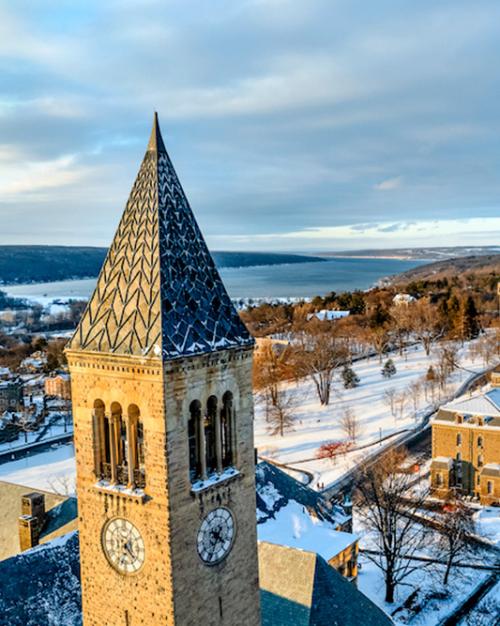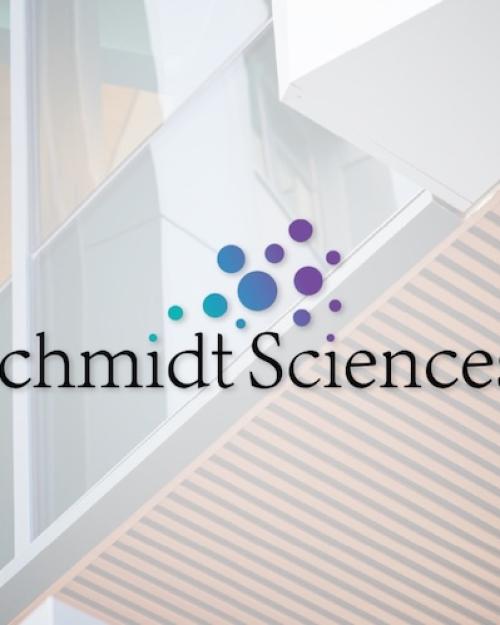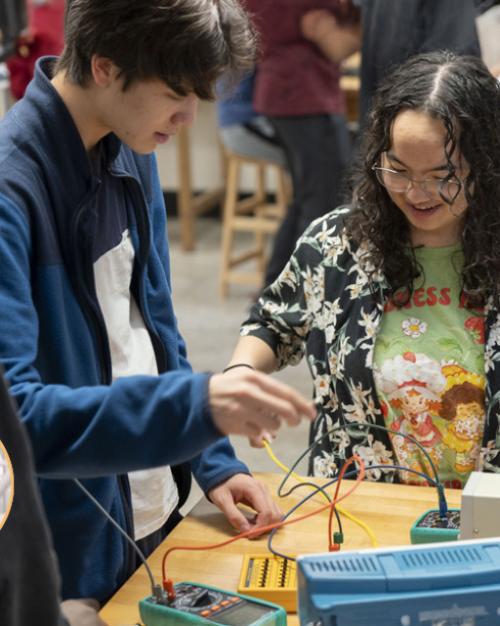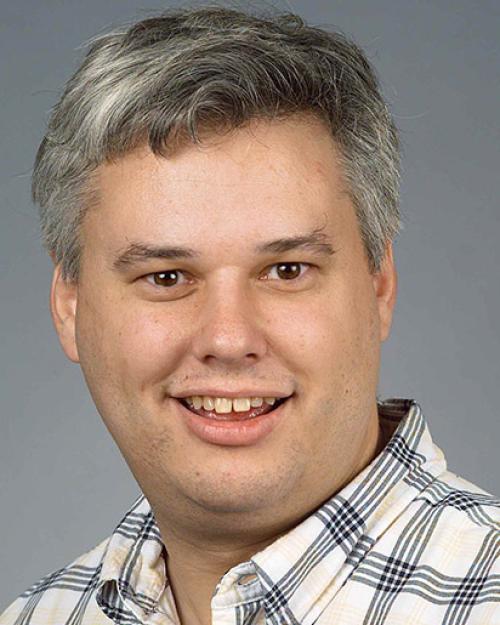The criterion for election is exceptional contributions to the physics enterprise – including outstanding physics research, important applications of physics, leadership in or service to physics, or significant contributions to physics education.
Kidder worked in a group of more than 50 people in the multi-institutional Simulating eXtreme Spacetimes collaboration, which used supercomputers to solve equations from Albert Einstein’s theory of general relativity to predict what the Laser Interferometric Gravitational-Wave Observatory (LIGO) would see if two black holes spiral together, collide and merge into a single black hole.
The predictions of the collaboration, based on Einstein’s predictions, matched up well with LIGO’s observations, providing strong evidence that Einstein’s theory of gravity is correct even in the presence of extremely large gravitational fields.
Kidder, who began his 22nd year at Cornell this fall, has been a senior research associate at the Cornell Center for Astrophysics and Planetary Science since 2003. In 2016, he and Saul Teukolsky, the Hans A. Bethe Professor of Physics, earned a share of the $3 million Special Breakthrough Prize in Fundamental Physics, which recognized those who helped create LIGO and interpret its observations.
APS fellowship is usually granted to no more than one-half of 1 percent of all APS members in a given year. There were 155 members elected APS fellows this year.
A total of 105 Cornell researchers have been elected since the fellowship was established in 1921. Last year’s Cornell honorees were Debdeep Jena, professor of electrical and computer engineering, and of materials science and engineering; and Georg Heinz Hofstaetter, professor of physics.
This story also appeared in the Cornell Chronicle.





